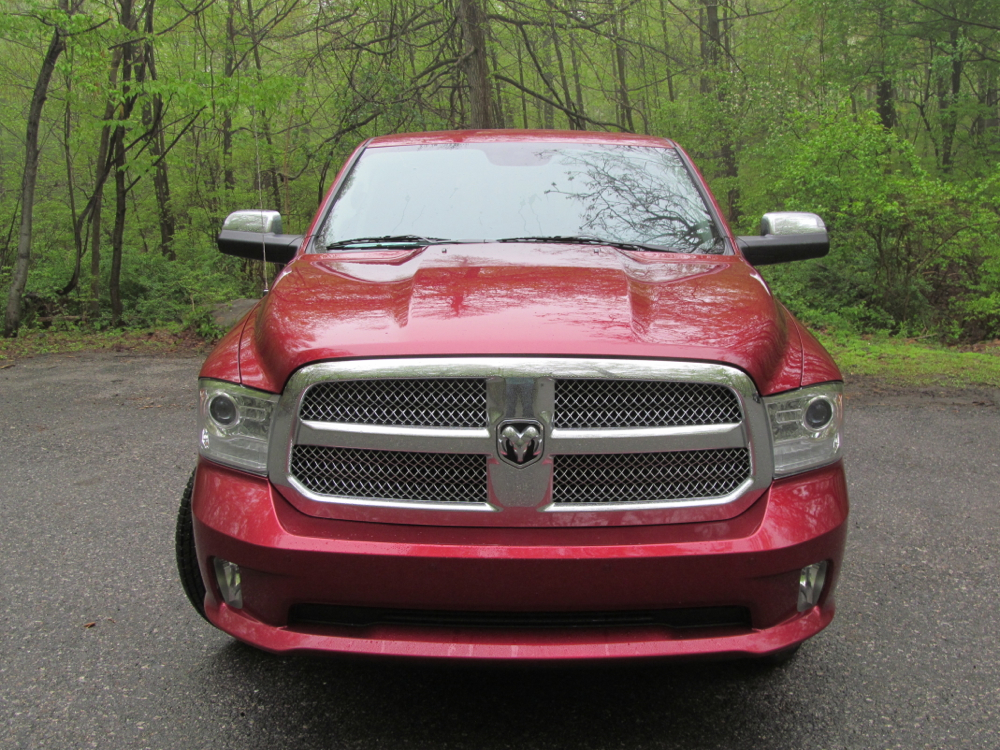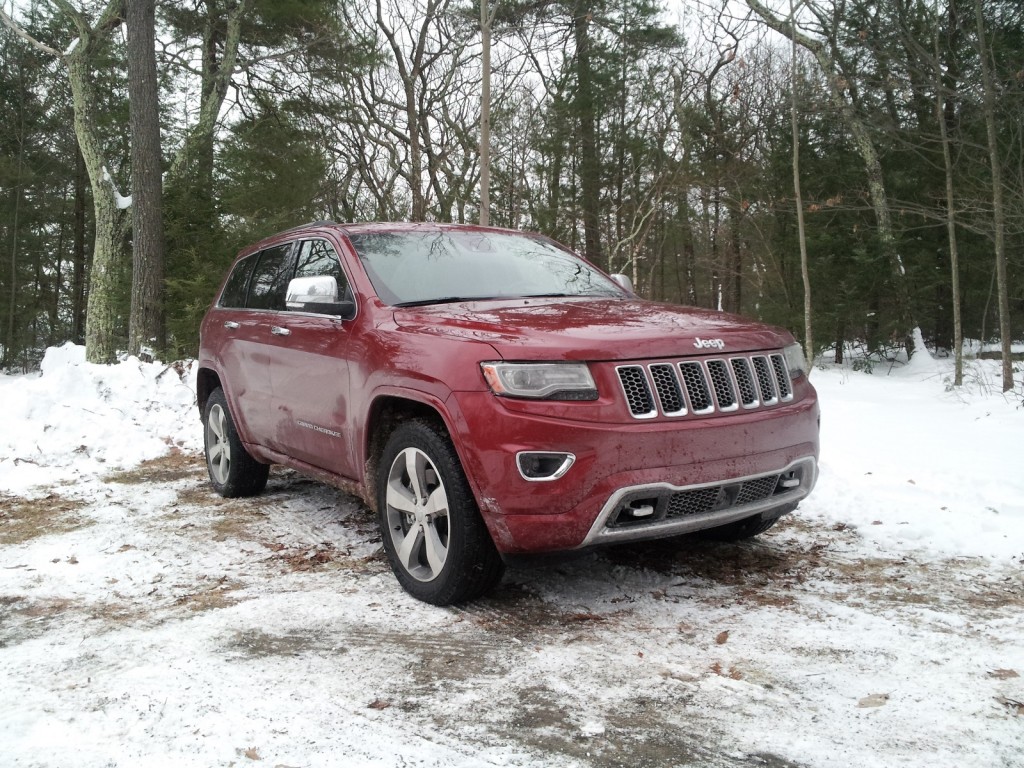Allen Schaeffer probably doesn't have the easiest job these days.
He's executive director of the Diesel Technology Forum, a non-profit organization dedicated to raising awareness about the importance of diesel engines, fuel, and technology.
With the Volkswagen diesel-emission scandal soon to enter its sixth month with no signs of resolution, Green Car Reports reached out to Schaeffer for his take on the state of diesels in the U.S.
DON'T MISS: VW To Release Diesel Cheating Report April 21, Annual Meeting Postponed
"There's no question that the VW situation hit the pause button on the diesel passenger-car market in the U.S.," Schaeffer told us.
But, he suggested, it's important to understand two points about the use of diesel engines in road vehicles.
First, diesels will continue unaffected in large commercial trucks--everything from "box vans" for local deliveries through the largest semi tractors for highway freight hauling.

Semi trailer
That's because there's no immediate alternative for some of those uses, especially long-haul freight.
And, the same likely applies to diesels in light-duty pickup trucks and perhaps high-end sport-utility vehicles as well.
Passenger cars like those mostly sold by VW may be a different matter, he acknowledged.
ALSO SEE: BMW Admits VW Emission Scandal Hurts All Diesel Sales In U.S.
But the second point to keep in mind, he said, is that the Corporate Average Fuel Economy requirements through 2025 haven't changed--regardless of the VW scandal.
And automakers continue to view more-efficient diesel engines as one method of meeting those requirements, especially in pickup trucks.
Schaeffer pointed to the popularity of the Ram 1500 EcoDiesel, which Fiat Chrysler has said will make up 20 percent of the model's sales. He also noted the well-received diesel versions of the Chevy Colorado and GMC Canyon mid-size pickups.

2014 Ram 1500 EcoDiesel, Bear Mountain, May 2014
Rumors that Ford is planning to launch a diesel version of its high-volume F-150 pickup only underscore that point.
Even in passenger cars, Schaeffer said, so far "no other maker has hit the pause button" on its diesel cars--although Audi and Porsche have suspended sales of all their new diesel vehicles, which use VW Group engines.
(Porsche acknowledged yesterday that it had put a planned diesel version of its Macan compact SUV on hold until the crisis is resolved, but said customer reaction to that model had been very positive.)
READ THIS: Ford F-150 Diesel May Beat Ram EcoDiesel For Fuel Efficiency: Report
And, he noted, a handful of the latest diesel vehicles are already "close to the mark today in fuel economy and carbon emissions" that will be required across the fleet by 2025.
The Diesel Technology Forum has surveyed car buyers since the scandal broke, Schaeffer said, and found that "the average person hasn't heard about it."
Of the smaller group who can articulate the issue, he said, the most common view is that it's "cheating" by a specific maker, not an indictment of diesel technology overall.

2014 Jeep Grand Cherokee EcoDiesel, Catskill Mountains, NY, Jan 2014
Meanwhile, trucks--certainly pickup trucks--have "really helped reset consumer thinking" about the benefits of diesel engines, Schaeffer said--helping to shift the emphasis on diesel engines away from strictly the VW issue.
With the well-documented market shift out of passenger cars and into bigger light trucks due to lower fuel prices and rising efficiency in every sector, he noted, "SUVs and crossovers are the sweet spot for diesel--they're larger, they're heavier, and they let you balance out the [added] cost of diesel and get the performance too."
Finally, with the differential between diesel fuel and gasoline prices currently low, one disincentive to choosing a diesel has been alleviated.
CHECK OUT: Diesel Has An Endpoint, Says Fiat Chrysler's Marchionne
Overall, Schaeffer's message was a long-term one: While the future of diesel in passenger cars is less clear now than it was six months ago, it remains secure in pickup trucks, probably SUVs, and certainly long-haul trucks.
We still don't envy Schaeffer his job these days, though.
EDITOR'S NOTE: During this interview, Schaeffer frequently used the term "clean diesel," which is not one this site uses. It simply indicates a diesel engine with modern emission-control systems that allow it to comply with emissions limits in force since 2008. We would not say "clean gasoline engine," so we don't use the term "clean diesel" either.
_______________________________________












